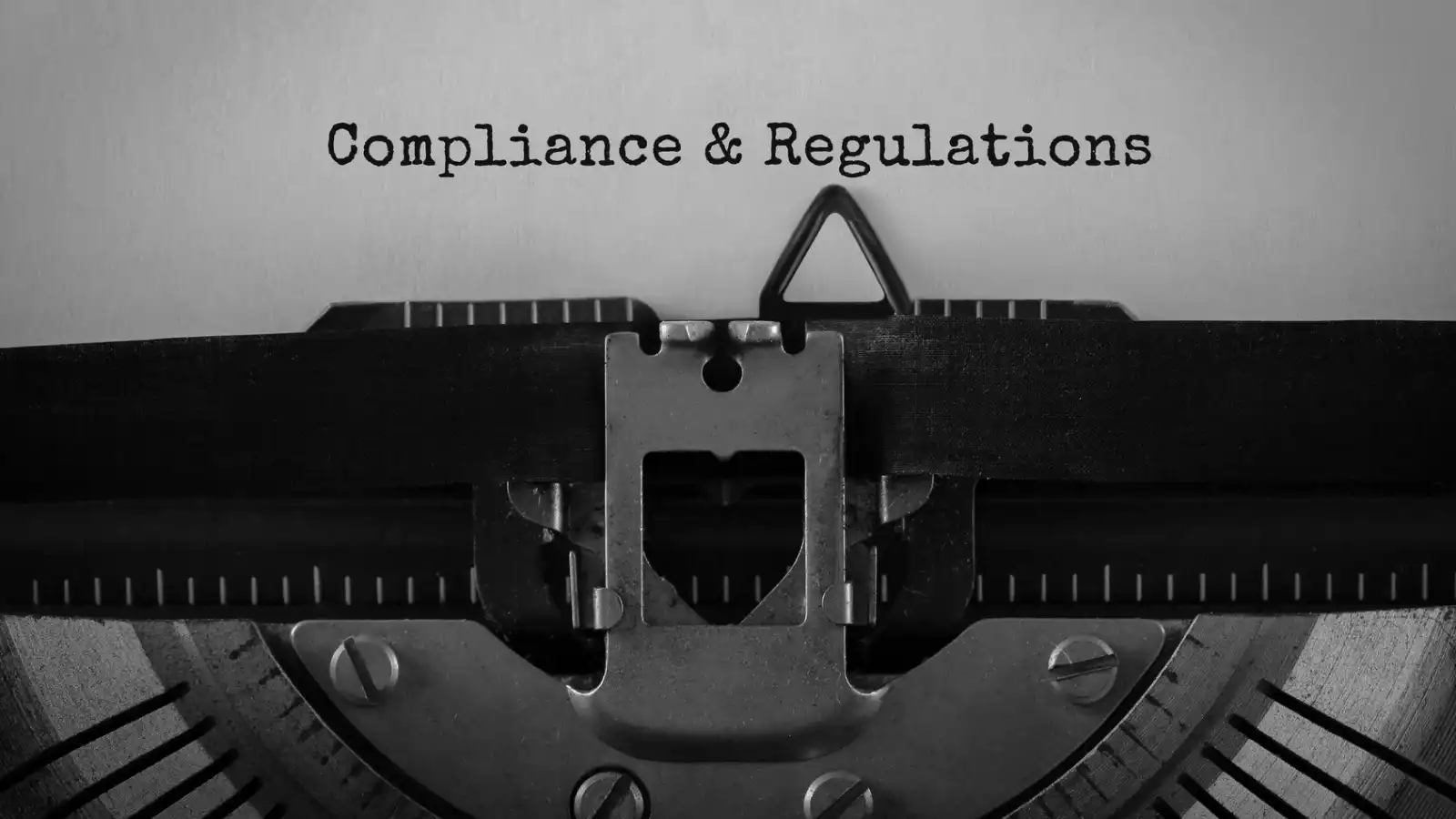 In August 2016, Massachusetts Governor Charlie Baker signed legislation S.2119, An Act to Establish Pay Equity, also called the Mass Pay Equity Act, a bipartisan pay equity bill that passed unanimously by both legislative branches.
In August 2016, Massachusetts Governor Charlie Baker signed legislation S.2119, An Act to Establish Pay Equity, also called the Mass Pay Equity Act, a bipartisan pay equity bill that passed unanimously by both legislative branches.
So, what is this act, and how might it affect employees and their employers? Here’s our review:
What is the Mass Pay Equity Act?
According to the governor’s office press release, the bill’s goal is to ensure equal pay for comparable work for all Massachusetts workers and equal opportunities to earn competitive salaries in the workplace. Components include the following:
- Preventing pay discrimination for comparable work based on gender. The bill allows employees to freely discuss their salaries with coworkers, prohibits employers from requiring applicants to provide their salary history before receiving a formal job offer and authorizes the Attorney General to issue regulations interpreting and applying the expanded law.
- Employers are permitted to take certain attributes of an employee or applicant into account when determining variation in pay. This includes their work experience, education, job training, or measurements of production, sales, or revenue.
“This new law is an important step toward ensuring economic security for Massachusetts women and families,” said Attorney General Maura Healey. “It makes vital updates that reflect our modern economy and balance the needs of workers and the business community.”
House Speaker Pro Tempore Representative Patricia A. Haddad (D-Somerset) said, “This milestone legislation allows Massachusetts to, once again, lead the nation. None of this would have taken place had not legislators on both sides of the aisle, the business community, the Attorney General’s office and ordinary, everyday working citizens of the Commonwealth worked together to achieve this goal: equal pay for equal work.”
The Massachusetts Senate enacted the bill 38-0, resulting in a bipartisan victory for all pregnant workers. You can read the full text of the bill here.
When will the act become effective?
Governor Baker signed the Mass Pay Equity Act on August 1, 2016; the statute (the “Pay Equity Law”) will become effective on July 1, 2018.
What should employers do to prepare?
To prepare for this act, employers should do self-audits to make sure that if they aren’t already following the provisions of the new law that they begin to do so immediately.
Keeping in mind that the bill goes into effect in July of next year, you should begin amending necessary policies and procedures in your own employee handbook right now, so when the time comes, you’re already fully in compliance.
Ropes & Gray had this to say:
Employers should consider evaluating, using the new statutory definitions, which positions within their organization may involve “comparable work,” and review compensation information of employees within those positions for any disparities, particularly between employees of different genders. An employer that discovers a violation of the new rules may not reduce the compensation of any employee as a form of remediation but instead must raise the compensation of the other affected employee(s) to correct the violation.
You can read more about the act and what it will mean for employers in this SHRM article.
As always, our experts can help your company prepare for this change and how to get in compliance with the law.



